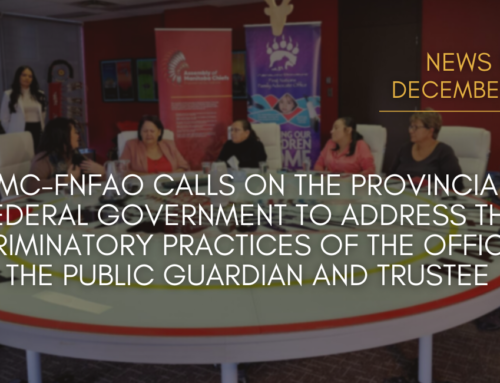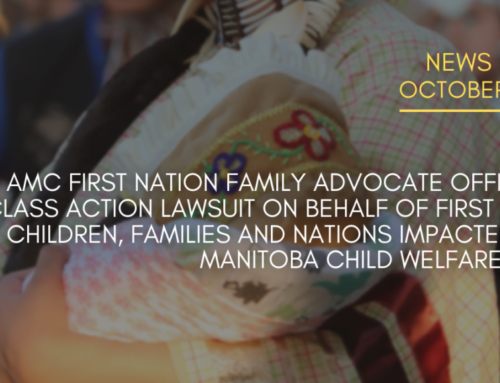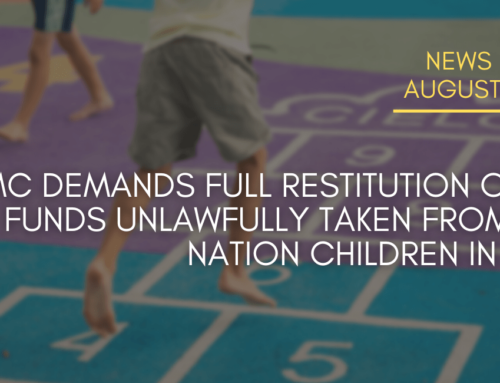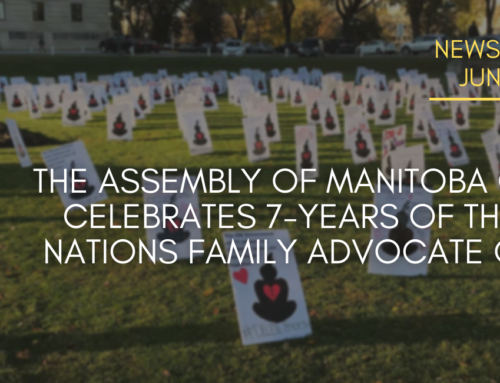 Treaty One Territory, Manitoba – A recent story was released regarding an increase of infants being born with syphilis. Within the first 8 months of 2020, there has been a record of 30 cases of congenital syphilis in newborns.
Treaty One Territory, Manitoba – A recent story was released regarding an increase of infants being born with syphilis. Within the first 8 months of 2020, there has been a record of 30 cases of congenital syphilis in newborns.
“This is of great concern. It tells us that people are not accessing the prenatal or health care system to address their medical needs, especially expecting mothers. We know that our First Nations mothers fear the health care system as they face a number of challenges. They fear that there is a possibility of their children being apprehended through the potential of a birth alert. We know that many First Nations families face discrimination and a lack of compassionate care and services when seeking medical attention. Therefore they purposely make the choice to not access needed medical care. The rates of syphilis in newborns reveals a deeper flaw in our health care system in Manitoba and how they provide services,” stated AMC Grand Chief Arlen Dumas.
In the beginning of the year, the Minister of Families Heather Stefanson announced that the practice of birth alerts would end effective April 1, 2020, stating that there will be more of a focus on preventive and community-based supports. However, the province did not end the practice until July 1, 2020. Seven months into the year, and the Minister of Families did not offer any additional resources to existing programs. Instead, it only continued the status quo and did not offer any real change within these systems.
“The longstanding practice of birth alerts has hindered mothers from accessing medical care as they feared their children would be taken away by Child and Family Services. This mind set still continues with our families even after the ending of this practice,” stated Grand Chief Dumas.
Throughout the years, there have been reports of First Nations being failed by the health care system. In 2008, Brian Sinclair passed away from a treatable condition. We continue to hear numerous stories of First Nations people experiencing discrimination and stereotyping when accessing medical services.
“As First Nations we want to lend our support to our families living under these provincial institutions. If anyone feels as if the system is discriminating against them, you can contact our office. Right now, our mothers need that extra voice when navigating the system. Through the Assembly of Manitoba Chiefs’ First Nations Family Advocate Office, we can provide that support to expecting mothers. We will always try and support our families, until these provincial institutions change to reflect the needs of our families,” concluded Grand Chief Dumas.






